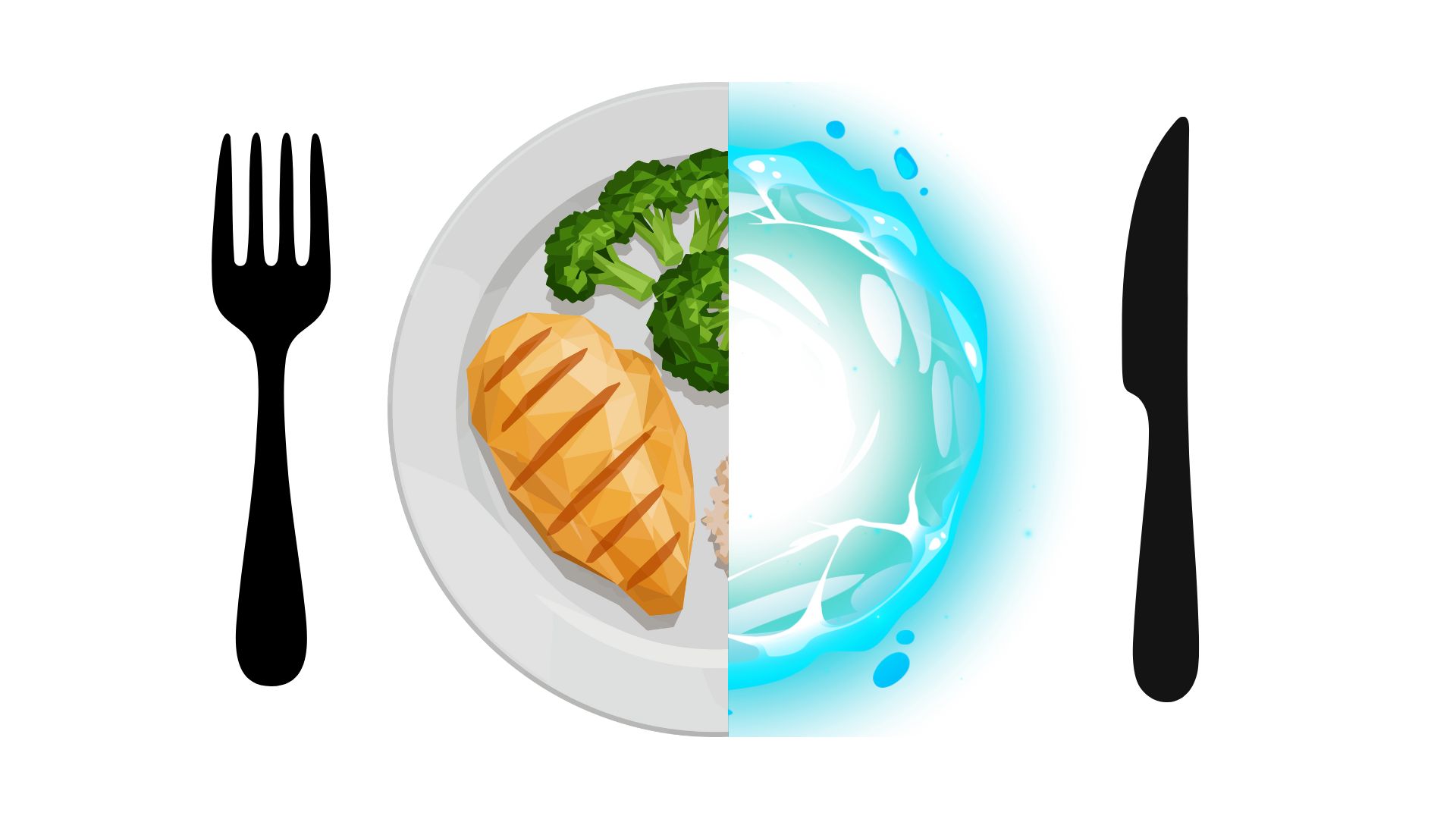Commentary
We Must Reduce Plastics!!!

Editor’s note: This is one in a continuing series of educational columns about fostering environmental stewardship and leadership coordinated by ACES — the Alliance of Climate and Environmental Stewards.
There is too much plastic in our lives. Earth Day celebrations around the world this year focused on and amplified what we already knew. You can see it all around. It’s on the roadsides, our beaches, or in your recycling bin headed towards a down-cycled future. Daily we read of micro-plastic particles in the air we breathe and the food we eat being captured in our bodies and affecting everything from pulmonary and digestive functions to reproductive health. We all know it and our response to this excess of plastics needs to be to find better ways to slow down and then reverse some of these problems.
We need to try somethings to get the reduction of plastic’s harm in our lives. Here’s some ideas we suggest be considered.
Avoid buying bottled water, especially in single use plastic bottles. Buy a few good stainless-steel bottles to take to school, the gym or work and avoid ingesting any more plastic than necessary.
To reduce the overall quantity of plastic items produced, governments should put a special disposal cost surcharge or ban, tax, or set adequate deposit return fees for single use products or packaging when it’s not critical to functional need. Municipalities and school boards can choose to restrict purchasing of such items for use in their buildings. States can pass or update bottle return regulations to achieve much higher levels of return for reuse or recycling of plastics of all beverage bottles including alcohol. At the Federal level a wholesale tax should be explored on plastic packaging intended to be shipped by Amazon, FedEx, etc. This will cause their engineers to come up with better methods and packaging designs.
Design a framework of regulation, based on the best science to identify the most biologically harmful “forever chemicals” used in plastic formulations. The choice of these should be a combination of the most harmful and most widespread. With some of these chemicals just now being regulated by the EPA in water supplies, why not slow down the new plastics entering the system in the front end along trying to remove them at water treatment plants.
How can we persuade the plastic industry lobbying group that originally designed the system defined the recycling “triangle” coding to change it to accurately reflect which plastics are truly recyclable? They should remove the designation as recyclable for those that may be technically recyclable, but which are largely not recycled due to cost and demand for their down cycled product. Originally devised in 1988 by The Society of the Plastics Industry (now known as the Plastics Industry Association), this system is very misleading because although it may be technically possible to recycle the items designated with a triangle number, for some of those plastic types it’s not economical to do so. This makes it even more costly for municipal waste and recycling processes to cope with.
In our personal spending we can try to buy items with less plastic packaging, especially of the single-use kind. And explore the emerging trend of patronizing refillaries. A refillary is a shop that sells products by weight or volume into the customers’ own reusable containers. Examples today in Newburyport include Green House, a shop on Water St with carries products like body wash, soaps, hair and beauty products as well as household cleaning products. The use of a refillary saves the world from those oversized throw away detergent jugs or shampoo bottles which are not economic to recycle. A parallel concept for beverage bottle reuse is to buy your beer from local craft brewers in glass growler jugs either your own which you bring into the brewery to refill or one of their returnable for a re-fill jug. These growlers make great birthdays or other gifts for friends and family who are beer drinkers, for example on Father’s Day.
So as this an idea to use this week, why not consider giving a ‘thank you’ gift to your mom or sister of personal care or beauty products from a refillary or stop buy your favorite local brew pub and ask about growlers as a Father’s Day gift. And talk up plastics reduction ideas and maybe share this article to your Facebook friends. And remember to do something today to “Make Every Day Earth Day”.
ACES youth corps and team members invite you to stay updated by subscribing to our monthly newsletter via the “Subscribe to Updates” link on this website. Please consider joining our community of environmentally minded neighbors and let us know your thoughts or ideas ON REDUCING PLASTIC by using the CONTACT page on this website. Together we can make a BIG difference!
This column first appeared in The Daily News of Newburyport on April 25, 2024.
.svg)

.jpg)
.jpg)
